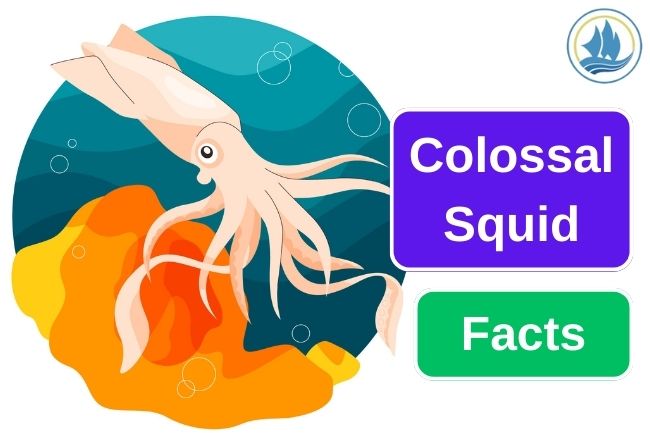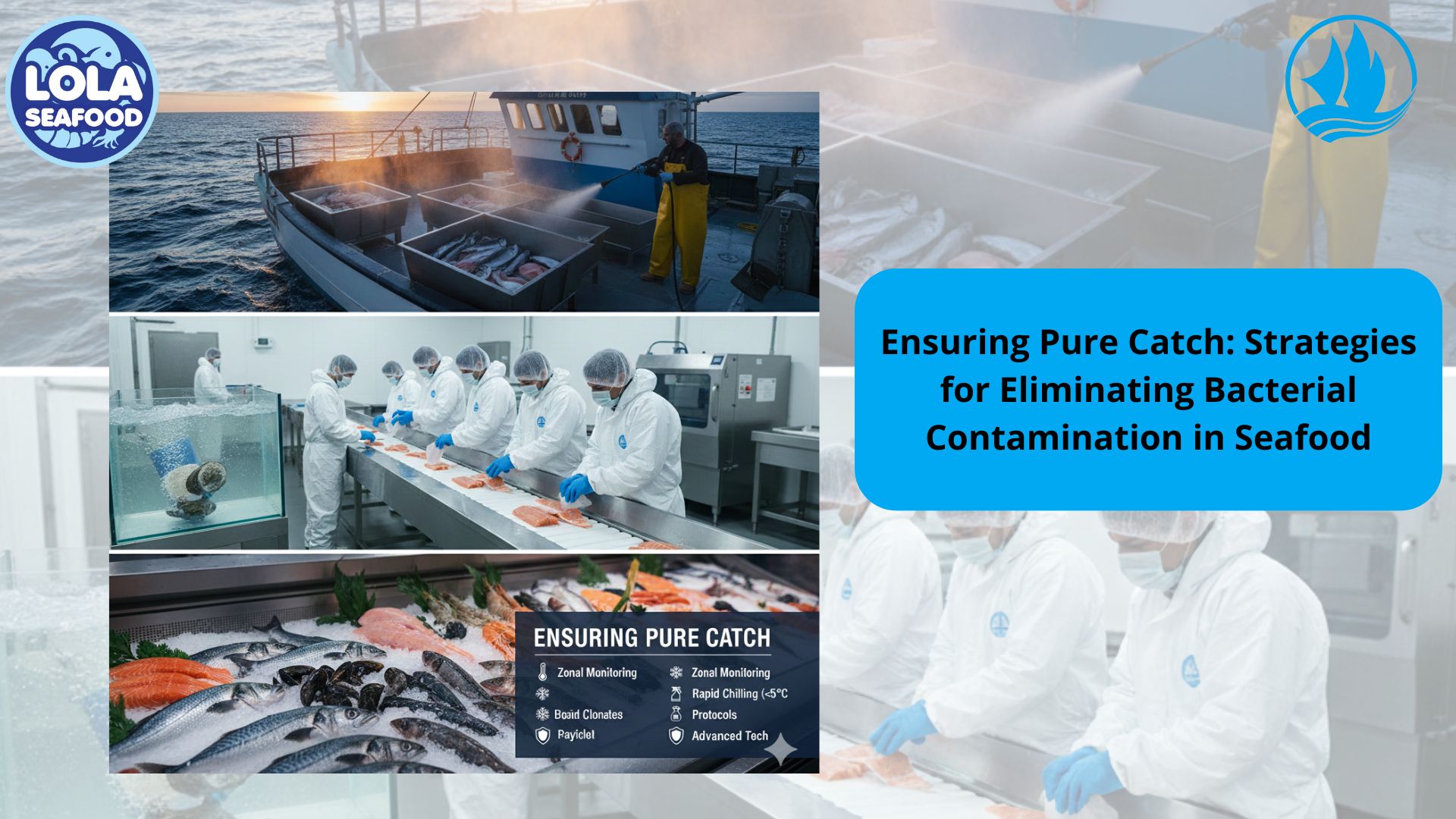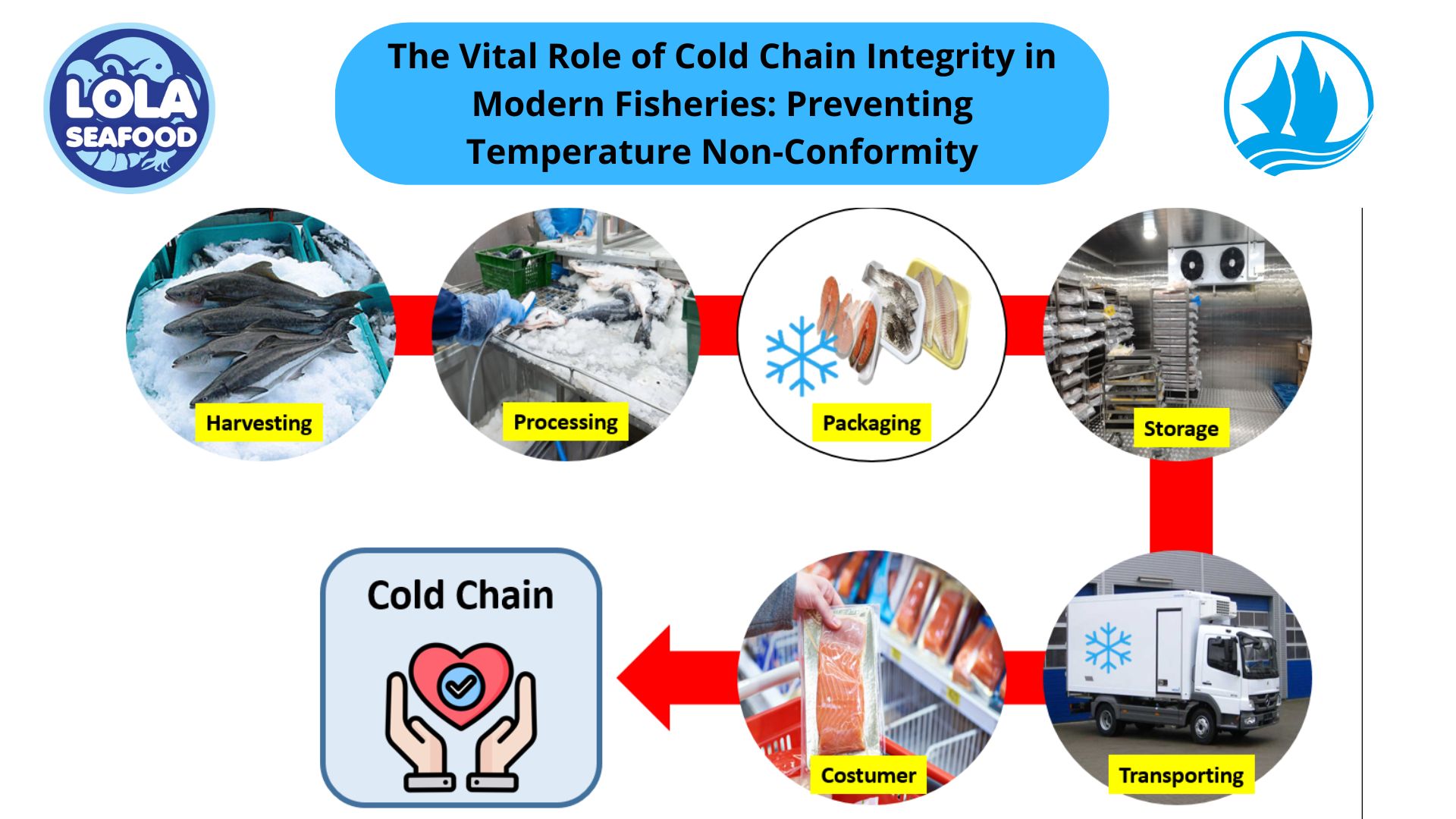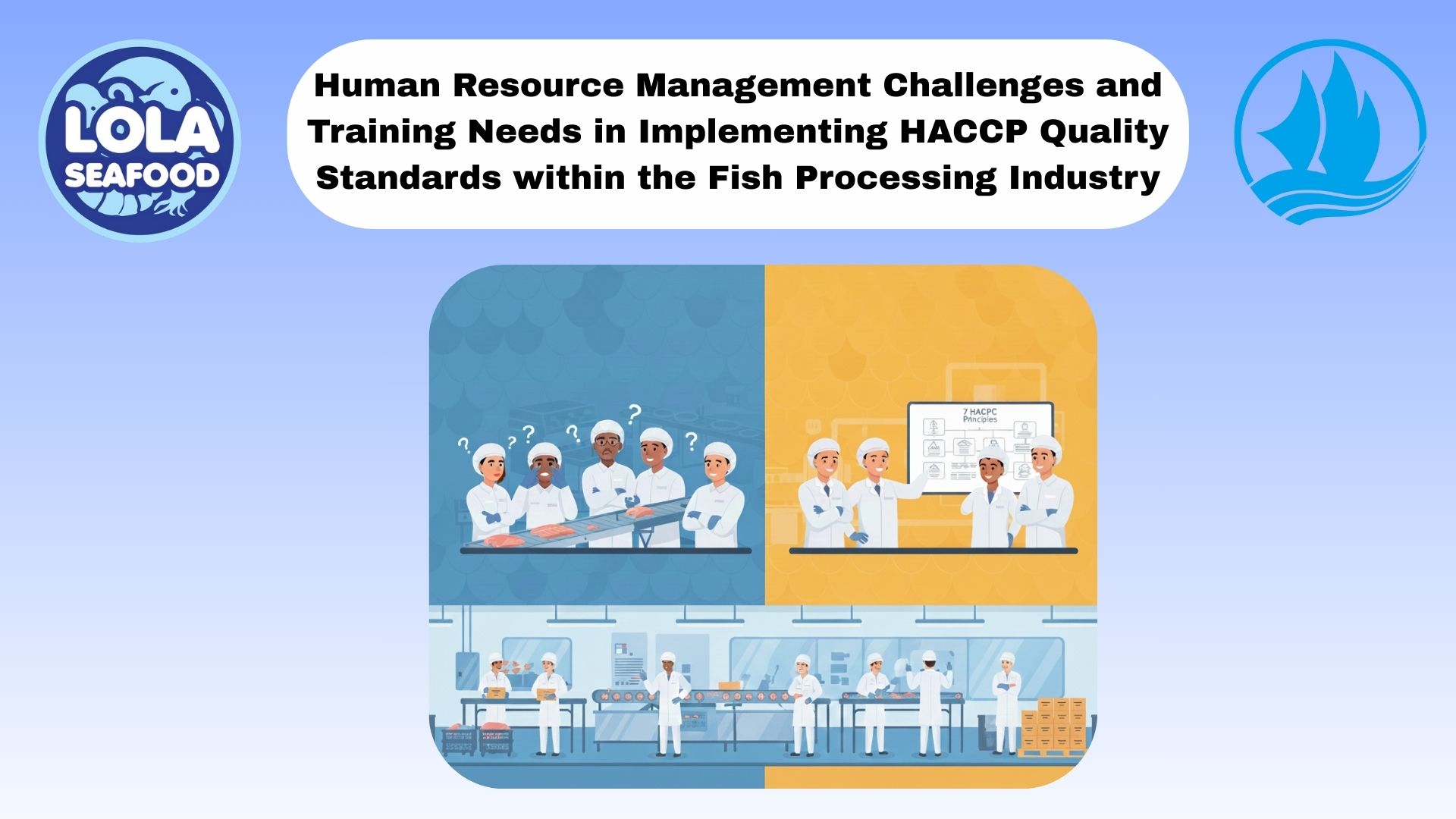5 Colossal Squid Fun Facts That Will Fascinate You
By. Nevanda - 30 Mar 2023
kelolalaut.com - The colossal squid was first discovered in the stomach of a sperm whale in around 1924 – 1925. One of the first entire specimens caught was in 1981 by a Russian trawler and was dead. The colossal squid captured was around 4m in length. The first live colossal squid caught was only in 2005.
Read also: What Is Colossal Squid?
Here are some interesting facts about this massive Cephalopod:
1. They are the heaviest squid
While its cousin, the giant squid, has measured longer, the colossal squid is the heaviest. They are thought to weigh up to 700kg and grow as long as 10 meters .
2. It’s not the meanest fish in the sea
Although Colossal Squid is gigantic creature, they are not as feracious predator as we think. The Colossal squid are thought to be major prey for sperm whales in particular, which are the largest of the toothed whales, which can reach over 20m in length.
3. The colossal squid’s eyes are as large as a basketball
The largest eyes on the planet didn’t evolve for finding prey in the dark. It seems like they’ve evolved to be 27cm in diameter in order to adapt to spotting sperm whales descending to the deep. They regularly enter the territory of the deep-sea monsters and it’s suspected they can incapacitate them with a powerful sonic shockwave.
Read also: Colossal Squid Predation
4. Their eggs are tiny
For such a gargantuan creature, the colossal squid makes some tiny eggs. They’re about 3mm across and float about in the ocean, the eggs is hatching in shallow water. It’s thought that female colossal squids can produce up to 4.2 million of eggs.
5. They’re a product of abyssal gigantism
When invertebrates inhabit deep-sea environments they have a tendency to get big. There are a few proposed reasons for this. First of all, it’s really quite chilly down there, and the larger you are, the less heat you lose to your surroundings.
Another product of a cold environment is slower maturation; most animals only grow until they’re big enough to breed – maybe a little more – and stop soon after. If the cold temperatures delay sexual maturity, it can possibly lead to a much larger animal.
Perhaps paradoxically, sometimes a lack of food selects for a larger animal. In the ocean, you have to be quite big to be powerful enough to swim long distances.
Read also: How To Eat Caviar Properly
.jpg)
The Impact of HACCP-Based Integrated Quality Management Programs on the Quality and Competitiveness of Fresh Demersal Fish Products
 and Employee Productivity on the Demersal Fish Processing Floor.jpg)


.jpg)



